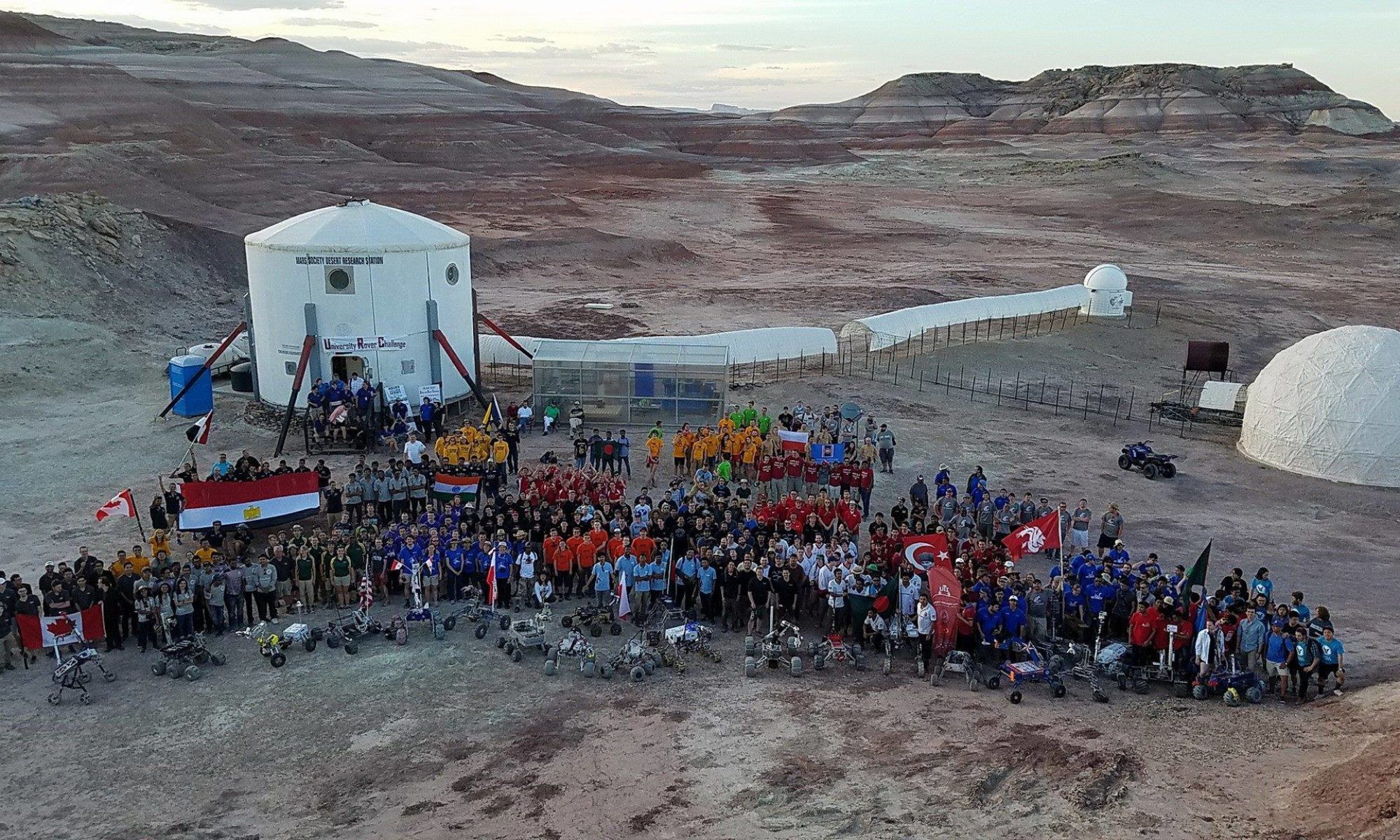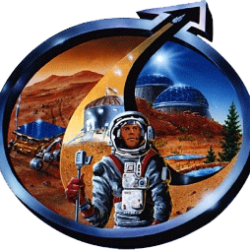Mission Plan Crew 226
Team Colombia
Background
From January 16th to the 30th, 2022, the second Colombian Mars Simulation Analog Mission will take place in the MDRS. The team is integrated by Colombian students, investigators and professionals in the areas of Science, Engineering and Tech strongly related to the aerospace field. Among other challenges for the mission crew will be to go through confinement and isolation in this habitat for 15 days, on a diet based on dehydrated food and limitations on the use of water and communications.
-The Colombian main crew, Crew 226, includes:
· The Mechanical Engineering student Felipe Torres, with the position of Crew Scientist.
· Carlos Salazar, Mechatronic Engineer candidate for a master’s degree in Engineering– with the position of Crew Engineer, both from the National University of Colombia (Universidad Nacional de Colombia).
· Cristian Acosta, aerospace engineer from Blue Origin, in charge of Health and Security Officer.
· Maria Paula Bustos, Geologist and Master’s student in Geodesy and Geoinformation Science -Technische Universität Berlin, with the position of Greenhab Officer and Crew Geologist.
· Yael Méndez, Microbiologist, from Universidad de los Andes and Master’s student in Geosciences from Universidad Nacional de Colombia with the position of commander.
The Crew Organizer is David Mateus, Mechatronic Engineer and Master’s student in Space Studies at the University of North Dakota
Projects
Carlos SALAZAR (Crew Engineer)
Project Title: 3D Mapping for rovers using point cloud stitching and Kinect
Description: Build a system that gets point clouds taken with a 3D camera on an element like the Kinect sensor and joins them together to make a 3D map of the environment and locate itself in it. The following tasks have been defined:
· Get the points clouds using Kinect and point cloud library
· Process the point clouds taken
· Check and validate point cloud stitching algorithms
· Check and validate point cloud matching algorithms
· Integrate the developed modules
Methodology: The method of research selected for this project is going to be experimental, the samples taken with the sensor will be taken mainly in indoor areas or in a controlled environment, a portion of the solution will use methods from the point cloud library PCL using example point clouds. The idea is to check if those methods work with our samples and how a correct integration of all the modules can be made, identifying its weak points to propose and evaluate ways to improve them.
Maria Paula BUSTOS (Crew Green Hab Officer)
Project #1 Title: Germination of seeds in MDRS
Description: Evaluate the germination of seeds in the Mars Desert Research Station by cultivating the same kind of seeds in the germination machine located in the Science Dom and in the Green-Hab facility to determine which of both facilities offers the most efficient conditions for the germination of the cultivated seeds in the research station.
Methodology: 1) Cultivate one kind of seeds (based on the ones available in the station) in six pots and put half of them in the germinator machine located in the Science Dom and the other three pots in the Green-hab Facility. 2) Make daily measurements of the size of the leaves in the four pots. 3) compare results and determine which facility is more efficient to grow this kind of seeds in the research station.
Project #2 Title: Classical music and the growth of plants at MDRS
Description: Evaluate the growth of cherry tomatoes and mint plants in the station under the sound of the classical music of Johan Sebastian Bach by exposing these plants daily to Bach’s songs and comparing them to a control group that is not going to be exposed to this music, and determine if Bach songs have an impact in the rate of growth of these plants in the MDRS Green-hab.
Methodology: 1) Select two cherry plants and two mint plants that were cultivated at the same time and exposed to the same conditions during the last weeks and measure the size of its leaves and the number of fruits and flowers they have. 2) Expose daily for three hours one mint plant and one cherry plant to Bach songs. 3) Measure daily the size of the leaves and the number of fruits and flowers of each of the plants exposed to classical music and the ones not exposed (control group). 4) compare results and determine if the exposure to Bach classical music affects the growth of tomato cherry and mint plants in the research station.
Felipe TORRES (Crew Scientist)
Project Title: Feasibility of using bo-PET films to build an emergency Space Tent.
Description: Analysis of the insulating efficiency of a biaxially oriented polyethylene terephthalate (bo-PET) film in order to determine the feasibility of building an emergency space tent for EVA’s in Mars and other aerospace applications using this material.
Methodology: Take measurements of Humidity and Temperature using a DHT11 sensor and Arduino. These measurements will be taken on different control volumes outdoors both with and without the thermal insulation provided by our material. To consider meteorological factors, these measurements will be taken at different times of the day and at different locations around the station. The insulative material will then be tested on different crew members, by providing a protective layer with the material and the body temperature will be measured with and without this insulative layer.
Yael Natalia Méndez (Commander)
Project Title: Clays identification through reflectance spectrometry and Raman spectroscopy.
Description: This project seeks to use Mars Desert Research Station (MDRS) to analyze the impact that clays variations and recognize their mineralogy through the laboratory techniques (reflectance spectrometry and Raman spectroscopy), and compare that with the instruments applied in the perseverance rover.
Methodology: Collect samples of different types of clays found in the MDRS and they will be processed in Colombia by Grupo de caracterización tecnológica de minerales at Universidad Nacional de Colombia.

